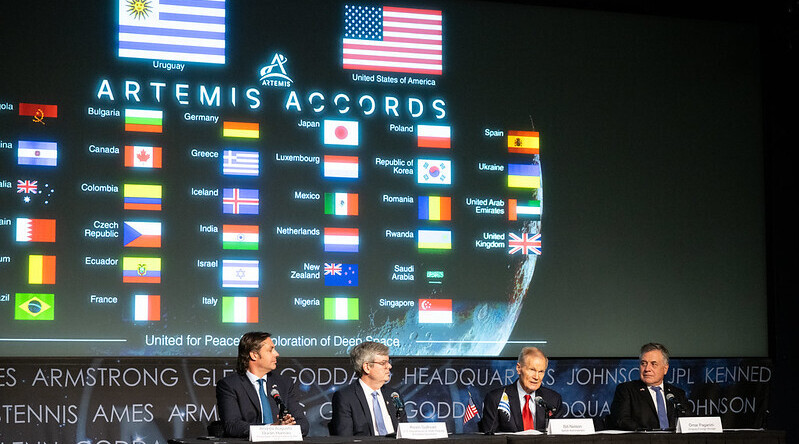Border disputes have been around for thousands of years, but in the age of Google Maps, they are taking on another dimension. Does Google bear any responsibility if a conflict arises because of borders it has drawn? Or should we all realize that these maps are just for "entertainment"?
Border wars are as old as borders themselves.
The earliest known border war occurred in 2525 B.C. between the Sumerian cities of Lagash and Umma. Each claimed the right to farm a contested piece of the Fertile Crescent between the Tigris and Euphrates Rivers.
There are currently at least two unresolved border conflicts: The dispute between Cambodia and Thailand over the area surrounding an 11th-century temple, and the war between North and South Sudan over the oil-rich Abyei area.
And then there is the border war that almost happened—what some have called the Google War.
In late 2010, a party of Nicaraguan troops charged with dredging the San Juan River separating the two countries occupied a piece of Isla Calero, an undisputed Costa Rican possession since 1850. The Nicaraguans justified the incursion by claiming that Google Maps proved the island was theirs. Embarrassed, Google claimed their map tool was only intended for "entertainment purposes" and not for "territorial, political, or military decisions."
But the Nicaragua/Costa Rica dispute is not the only time that Google Maps has caused trouble on the ground. In 2011, the Netherlands took exception to a Google-drawn border giving a greater portion of the Ems River estuary to Germany.
Google clearly wants to avoid taking sides in any border dispute. Charlie Hale, Google's geo-policy analyst, issued a statement in the aftermath of the Nicaragua/Costa Rica incident: "Our goal is to provide the most legible and accurate maps we can, given the information available in these oft-changing areas of geopolitical disagreement," he announced.
What do you think?
Does Google bear some responsibility for the border disputes it appears to have caused—even if it did so unwittingly? Does the company whose motto is "Don't Be Evil" want to be the last word on borders, while remaining above the fray in geopolitical disagreements?
Let us know.
For more information see
Frank Jacobs, "The First Google Maps War," The New York Times, February 28, 2012
"Improving the quality of borders in Google Earth and Maps," Google Lat Long Blog, July 20, 2010
Frank Jacobs, "504 - Bordering on Bizarre: Google Maps Fail in Dollart Bay," big think, March 1, 2011
Photo Credits in order of Appearance:
Zunkir
OneArmedMan
wise_kwai
Steve Evans
Carlos Luna
AlexCovarrubias
MoneyBlogNewz
Joi Ito
Gobierno de Álvaro Colom, Guatemala 2008-2012
Fotograaf Nick van Ormondt
Rogers Cadenhead
brewbooks
meneame comunicacions, sl
clive darr


